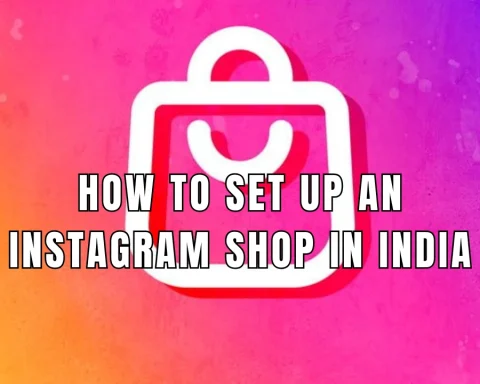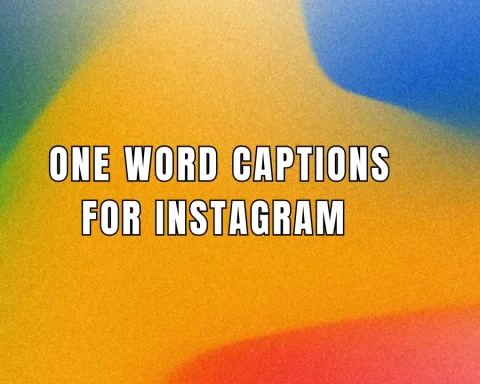Black Friday is one of the most well-known shopping events of the year. Traditionally held the day after Thanksgiving in the United States, Black Friday marks the beginning of the holiday shopping season. This day has evolved into a global phenomenon, with retailers offering significant discounts both in-store and online. In this article, we explore the history of Black Friday, why it is so important for consumers and businesses alike, and how it has transformed the world of retail.
For more insights into retail trends, check out Forbes’ analysis on Black Friday.
The History of Black Friday
Origins and Evolution
- Post-Thanksgiving Tradition: Black Friday originated in the United States as the day following Thanksgiving. Historically, it signified the start of the holiday shopping season when stores offered huge discounts to kick off the busy retail period.
- From “Black” to Profit: The term “Black Friday” is believed to come from the accounting practice of recording losses in red and profits in black. As retailers began turning a profit on this day, it earned the name “Black Friday.”
- Expansion to Online and Global Markets: With the rise of e-commerce, Black Friday has expanded beyond brick-and-mortar stores. Many international retailers now participate, making it a global event.
Learn more about the origins of Black Friday on History.com.
Why Black Friday Is Important for Consumers and Businesses
For Consumers
- Massive Discounts: Black Friday offers some of the lowest prices of the year, allowing shoppers to save significantly on electronics, apparel, home goods, and more.
- Early Holiday Shopping: Consumers can kick off their holiday shopping early, often avoiding last-minute rushes and out-of-stock items.
- Exclusive Deals: Many brands release doorbuster deals and exclusive promotions, making it an exciting time for bargain hunters.
For Businesses
- Boost in Sales: Black Friday is a critical day for retailers, often resulting in a surge in sales that can set the tone for the entire holiday season.
- Increased Brand Exposure: With extensive marketing campaigns and high consumer interest, brands can boost their visibility and attract new customers.
- Inventory Clearance: Retailers use Black Friday to clear out old stock, making room for new products.
- Global Reach: The event’s growing international appeal means businesses can tap into a broader audience.
Frequently Asked Questions (FAQ)
A: Black Friday is the day after Thanksgiving in the United States and marks the start of the holiday shopping season. It is known for its significant sales and deep discounts, drawing millions of shoppers both in-store and online.
A: The term originates from accounting practices, where losses were recorded in red and profits in black. As retailers began to turn a profit on this day, it became known as Black Friday.
A: Consumers enjoy massive discounts, exclusive deals, and the opportunity to complete their holiday shopping early, all of which can lead to substantial savings.
A: Businesses experience a significant boost in sales, increased brand exposure, and can effectively clear out old inventory, setting the stage for the holiday season.
A: Plan your strategy early, optimize your website, launch a multi-channel marketing campaign, and monitor your performance closely to adjust tactics as needed.
Conclusion
Black Friday is a cornerstone event in the retail calendar, offering unparalleled opportunities for both consumers and businesses. By understanding its history, significance, and best practices, you can create a successful Black Friday strategy that boosts sales, enhances brand visibility, and drives long-term growth. Start planning now, and make the most of this incredible shopping event!





